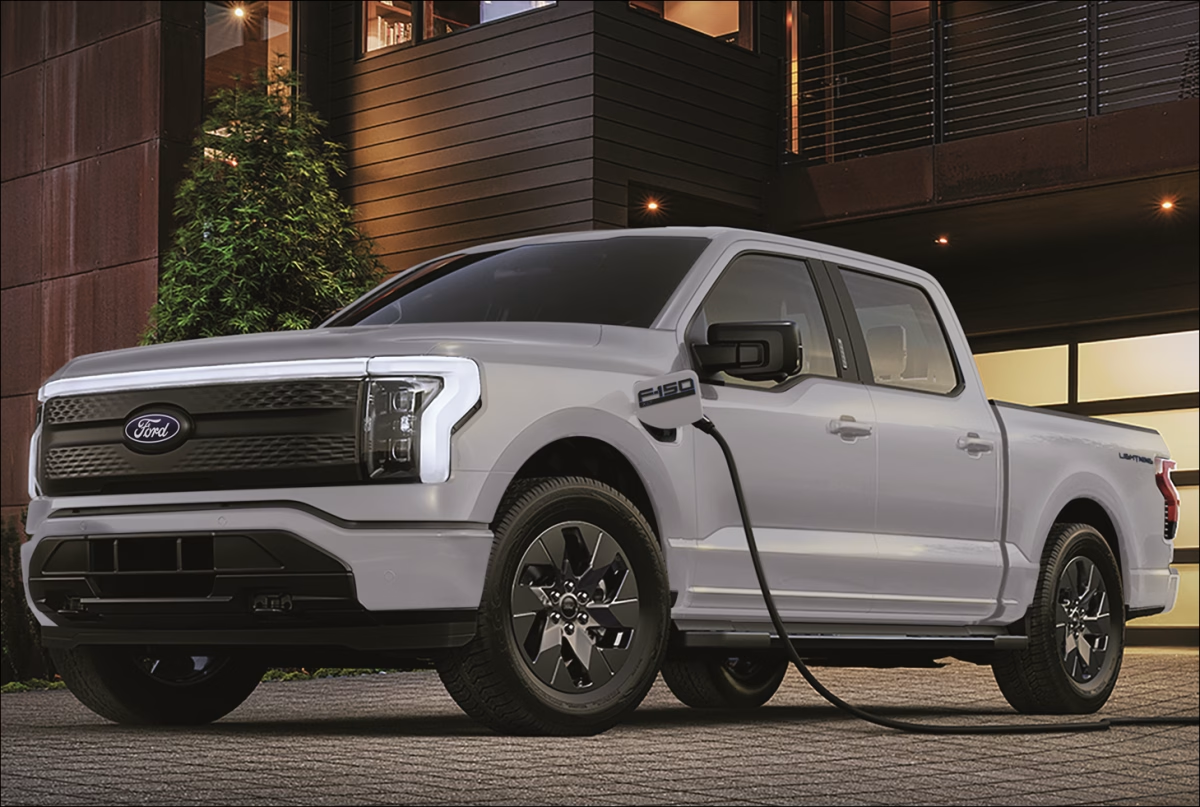Ford Considers Halting F-150 Lightning Production Amid Strategy Shift
Ford is reportedly considering permanently halting production of its F-150 Lightning electric pickup truck, despite it being the best-selling electric pickup in the U.S. This development, initially reported by The Wall Street Journal on November 6, 2025, cites Ford executives who indicated the company might not resume production of the model. Ford has been contacted for comment, and an update will be provided upon receipt of a statement.
The potential decision follows a series of setbacks and strategic reevaluations for the electric truck. Production of the F-150 Lightning was already scaled back in January 2025 due to slowing demand, leading to the reassignment of approximately 700 workers to other auto models. A more recent disruption occurred in October 2025 when a fire at an aluminum plant supplying Ford forced a temporary pause in Lightning production, impacting around 1,400 additional workers. Internal memos at Ford have suggested a pivot away from the model.
Financial Headwinds and Strategic Realignments
Ford's Model e electric vehicle operation has faced significant financial losses, underscoring the company's shift in strategy. The Model e division reported a $1.4 billion loss in the third quarter of 2025, contributing to a total loss of $3.6 billion over the first nine months of the year. Overall EV sales for Ford dropped 9% year-over-year in Q3, with F-150 Lightning sales specifically down 48%. Year-to-date sales for the F-150 Lightning stood at approximately 15,000 units by November 6, 2025, a decrease from 20,000 units during the same period in 2024.
In light of these financial results and market dynamics, Ford has signaled a significant strategic shift. Instead of focusing on large electric vehicles like the F-150 Lightning, the company intends to prioritize smaller, more affordable electric vehicles built on its Universal EV platform. CEO Jim Farley stated in Ford's Q3 earnings that the company is "shifting focus to affordable EVs on our Universal EV platform, targeting models under $30,000 to compete with Chinese imports." This realignment includes delaying the launch of next-generation electric pickups and E-Transit vans to 2028.
Broader Market Challenges for EVs
Ford is not alone in reevaluating its EV production plans amidst a changing market landscape in the U.S. The federal tax credit of $7,500 for purchasing EVs was abruptly ended in September 2025 under current administration financial policies. This policy change has contributed to a slowdown in U.S. EV sales growth, which dropped to 8% in Q3 2025 from 47% in Q3 2024.
The impact of these policy shifts is reverberating across the industry. Following the unveiling of its latest EV models this week, Honda CEO Toshihiro Mibe spoke to Engadget on November 5, 2025, about the potential long-term effects. Mibe indicated, "With the Trump administration in place, we have a sense that maybe the EV growth has been moved back out by maybe five years or so into the future." General Motors also delayed its EV truck production in October 2025, citing similar demand issues. Experts like Sam Abuelsamid of Guidehouse Insights suggest that the F-150 Lightning's $50,000+ price point became particularly vulnerable without these tax credits, making affordable EVs crucial for competition.
